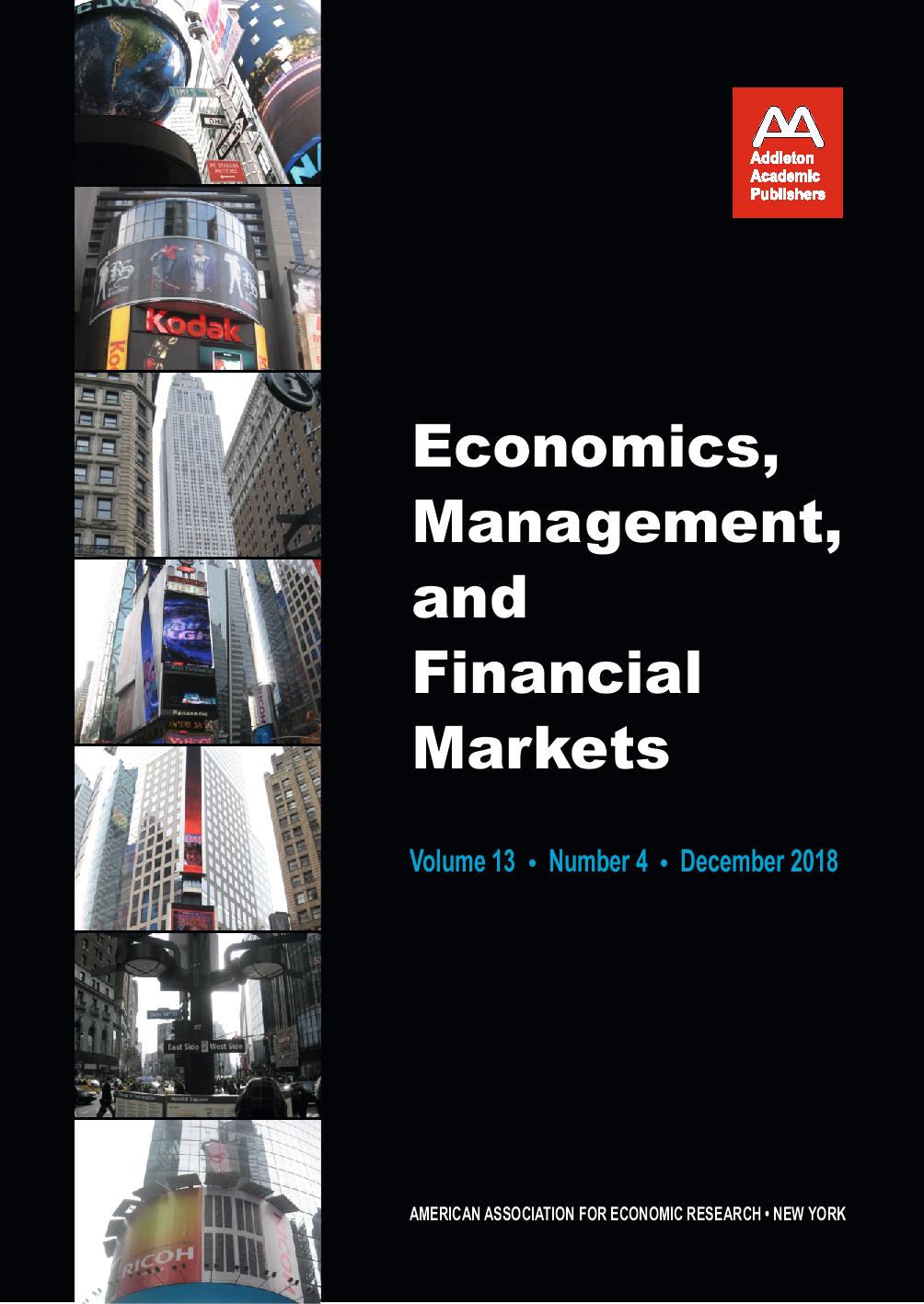INTERNET-ENABLED COLLECTIVE INTELLIGENCE AS A PRECURSOR AND PREDICTOR OF CONSUMER BEHAVIOUR
INTERNET-ENABLED COLLECTIVE INTELLIGENCE AS A PRECURSOR AND PREDICTOR OF CONSUMER BEHAVIOUR
Author(s): Stephen Carter, AMY CHU-MAY YEOSubject(s): Marketing / Advertising
Published by: Addleton Academic Publishers
Keywords: consumer behaviour; collective intelligence; undergraduates; exploratory;Malaysia Airlines;
Summary/Abstract: The study aims to develop a preliminary Collective Intelligence effect framework by exploring and identifying the four main elements of CI (form of communication, language of communication, criteria for choice, opinion leaders and influencers on both prior and post-purchase behaviour) and its predictive effect on the consumer purchase process. The paper employed an exploratory, interpretative research approach using ethnographical content analysis. A total of 43 participants were involved narrating their online buying experience, through an internet-enabled collective intelligence (CI) on how, what and why decisions were made to purchase food and apparel. Results confirmed the efficacy of the preliminary framework and revealed an idiosyncratic and peculiarity of the type of consumers (millennials) in a typical higher educational institution predominantly consisting of mainly Chinese ethnicity. The use of the internet and opinion leaders and influencers and the language of communication in the total purchasing process revealed a number of preliminary insights in the CI process. Based on one higher educational institution, albeit comprised of multi-racial respondents. In addition to its qualitative content, further quantitative research should be considered to verify the framework and some of the non-conclusive evidence of the current study. The ubiquitous research on the use of social media (e.g., Whatsapp, Wechat, Facebook, Instagram, e-mail) was supplemented with a CI environment to derive at an all-possible, if not the best, consumer decision making process. This will aid not only potential consumers but also marketers in particular.
Journal: Economics, Management, and Financial Markets
- Issue Year: 13/2018
- Issue No: 4
- Page Range: 11-38
- Page Count: 28
- Language: English
- Content File-PDF

